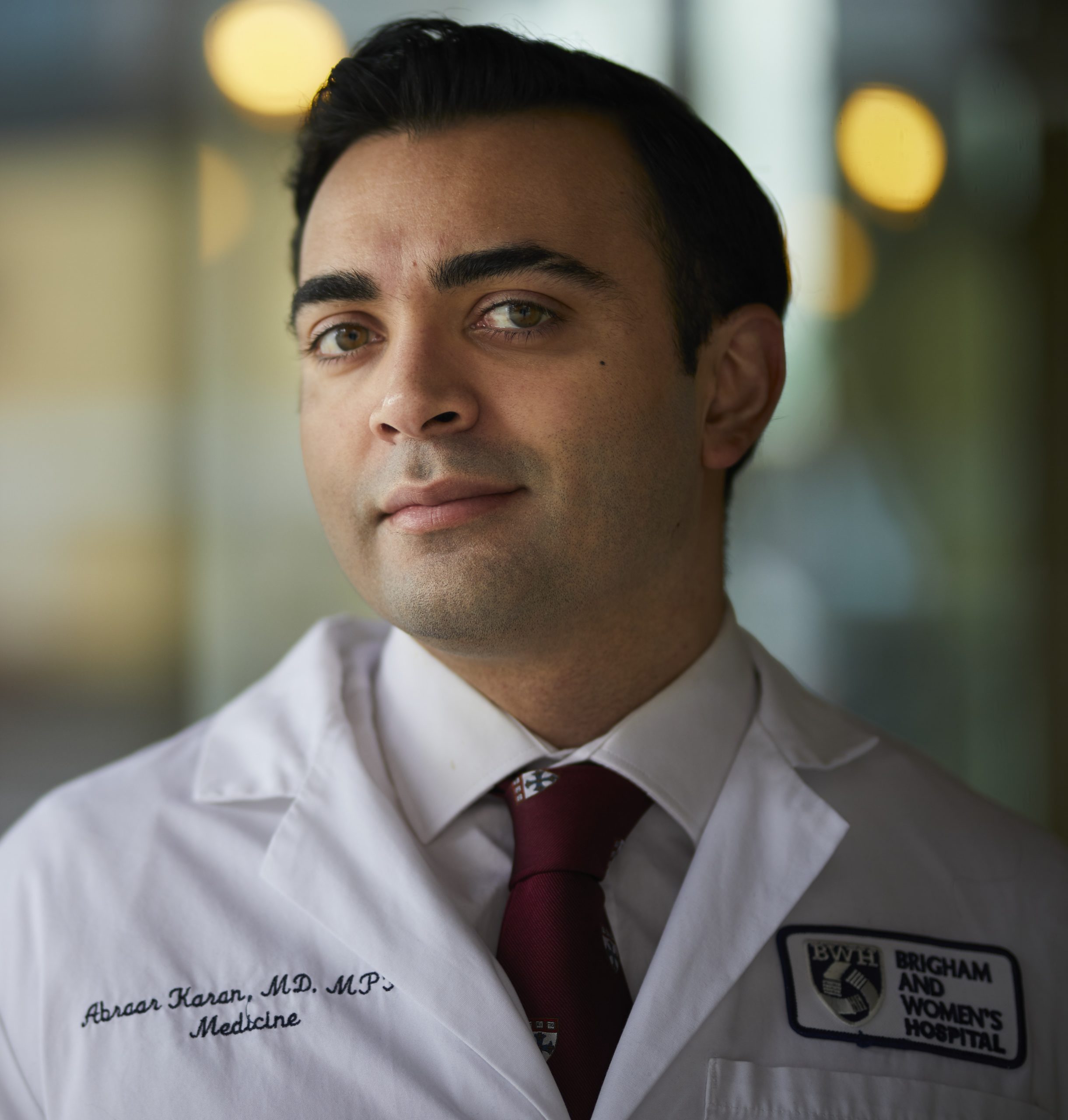We urge all physicians and public health experts to take a firm stance against racism
Doctors like us who have been working on the covid-19 response in the United States have been told to “stay in our lane” as the murder of George Floyd has sent the country into the largest anti-racism movement since the 1990s.
Unsurprisingly, a number of prominent physicians and public health leaders have remained relatively silent on the topic of racism, which has historically been falsely politicized as an issue of partisanship. It is not. And it is our lane.
Racism has always been a public health problem. Racism kills our patients, our neighbours, our colleagues, our leaders.
A number of people who see the protests as possible drivers of more covid-19 cases have suggested that it is hypocritical of doctors to support anti-racism protestors now when weeks earlier they denounced large crowds due to the risk of spreading covid-19.
Framing anti-racism protests against the control of covid-19 is a false dichotomy. Will crowds possibly lead to more covid-19 cases? Yes. But so will unabated racism.
The data tell part of the story.
Black patients who contract covid-19 are three times more likely to require admission to hospital because of disease severity. Disproportionately, counties in the United States with a large black population account for nearly 60% of deaths from covid-19 in the country, despite representing only 22% of counties. The vast majority of US states have a disproportionate number of covid-19 cases among black patients. Black patients are less likely to be able to obtain covid-19 tests in a number of major US cities. Many black patients have a lower chance of being put on a ventilator where resources are too limited to treat everyone, based on biased algorithms that account for comorbidities and life expectancy. For black patients, even the decision to wear a mask requires them to weigh the risk of being targeted or even killed by law enforcement, versus getting covid-19.
Racism—the explicit and intentional oppression of people from ethnic minorities, not by accident, but by systematic intention for centuries and unabatedly into the present—is the underlying driver of why black patients are at the center of the American covid-19 epidemic.
As doctors, this is the time to speak up and step up. This is not about politics. This is not about preserving the status quo, or being afraid to ruffle feathers. This is about life and death. This is about the fact that in our country, a police officer felt like he could put his knee on a black man’s neck for 8 minutes and 46 seconds while being filmed.
Staying silent now is saying something. It is saying that the death of an innocent black man at the hands of a brutal white police officer is still not enough for you to put your own skin in the game. We are well aware that institutions suffer from racism. We acknowledge that every one of us holds implicit and explicit biases, and that we must take responsibility, and do more to be better, more informed, and more aware as allies to our black community. But doing nothing, and staying silent, is unacceptable.
Many doctors and public health professionals have gained large platforms from the covid-19 pandemic. It is imperative that they now use those platforms to openly and publicly denounce racism. Racism must be stopped because it is morally deplorable. Additionally, there is no preventing covid-19 without addressing the underlying drivers for its spread, and racism is undoubtedly one of those in the United States. This is clear from the data showing the virus’s tragic effects on black communities. This pandemic depends on the exploitation of our societal vulnerabilities and weaknesses to spread—and stopping it demands that we all stand together against racism.
We urge all physicians and public health experts to take a firm stance against racism. We urge that we as a community use our understanding of the science and transmission of covid-19 to protect those who choose to protest peacefully against racism by guiding them with the information necessary to minimize viral transmission. We urge our institutions to make every effort to ensure that our fight against racism within our own walls is transparent; that racist actions and words are seen, heard, and dismantled; that racist people are held to account; that efforts against racism are actively studied and taught as part of our life-long learning in medicine; that power structures that are based on racist ideologies are taken down and replaced; that people from ethnic minorities are treated with the utmost respect, equity, and justice—including in their promotions to positions of leadership; and that patients from ethnic minorities are no longer killed by racism that has haunted medicine since its inception as a field. There is so much work to be done.
“In the end, we will remember not the words of our enemies but the silence of our friends” Martin Luther King Jr.
 Abraar Karan is an internal medicine physician at the Brigham and Women’s Hospital/Harvard Medical School and is working on the covid-19 response in Massachusetts state.
Abraar Karan is an internal medicine physician at the Brigham and Women’s Hospital/Harvard Medical School and is working on the covid-19 response in Massachusetts state.
 Ingrid Katz is Associate Faculty Director at the Harvard Global Health Institute, Assistant Professor in Medicine at Harvard Medical School, and Associate Physician in the Department of Medicine at Brigham and Women’s Hospital.
Ingrid Katz is Associate Faculty Director at the Harvard Global Health Institute, Assistant Professor in Medicine at Harvard Medical School, and Associate Physician in the Department of Medicine at Brigham and Women’s Hospital.
Competing interests: None declared.
